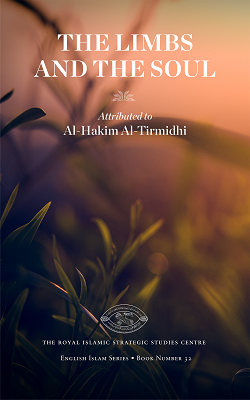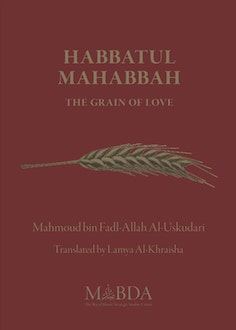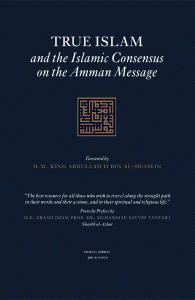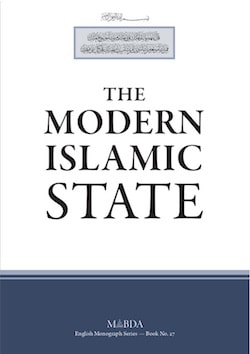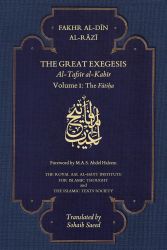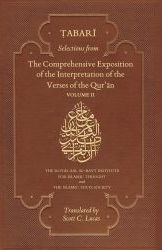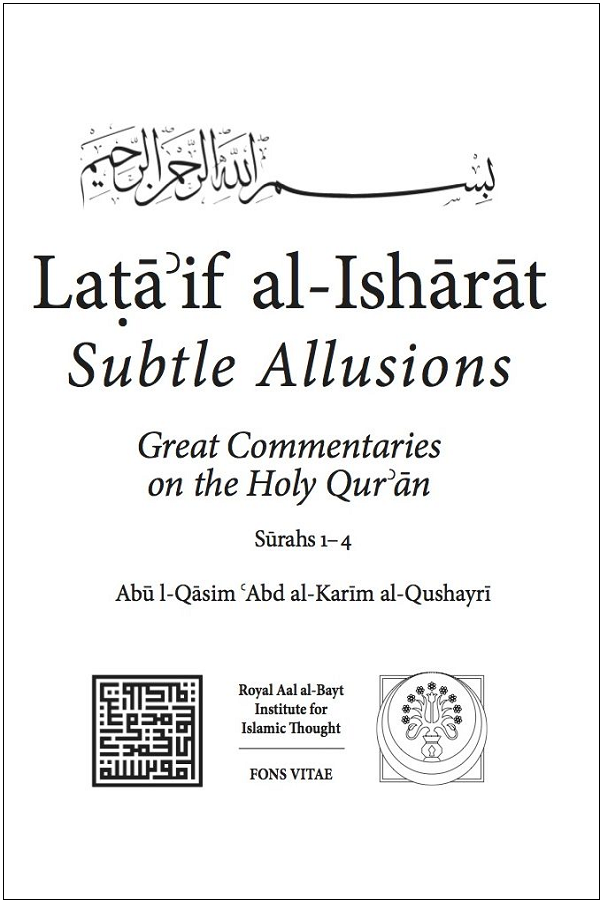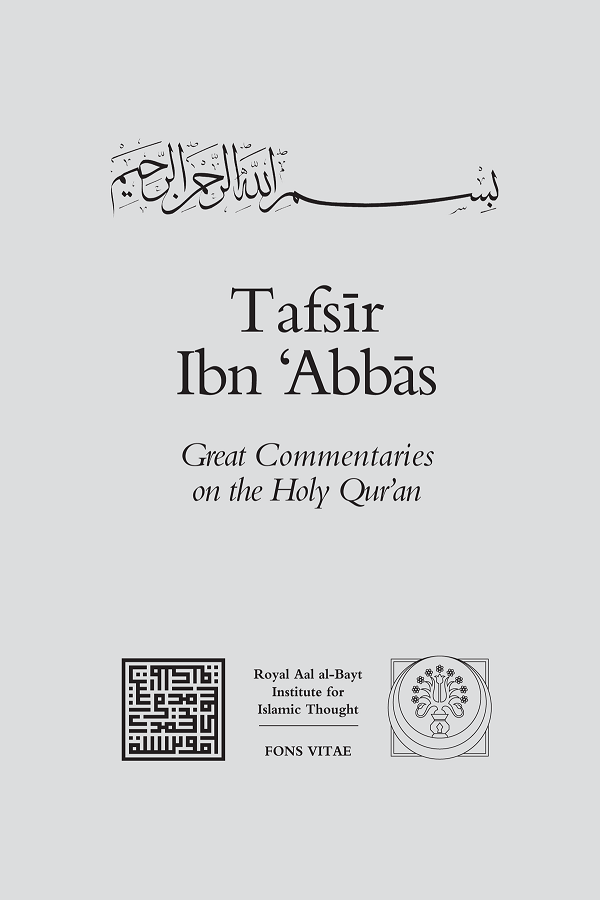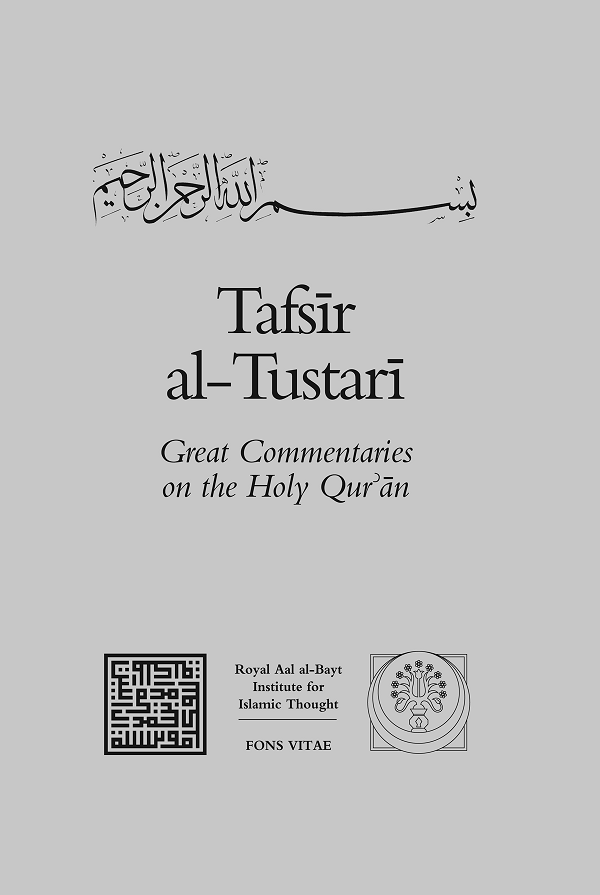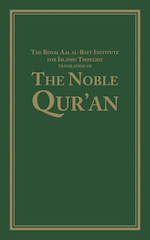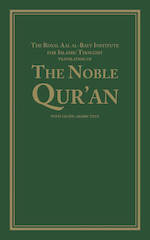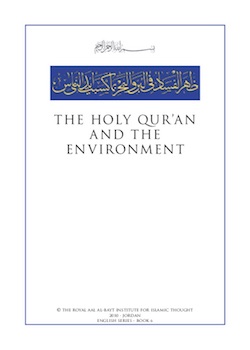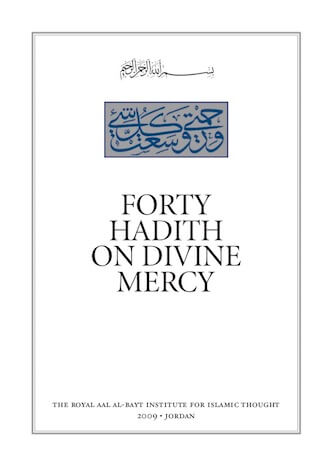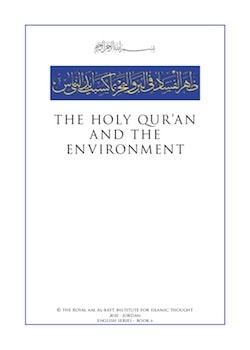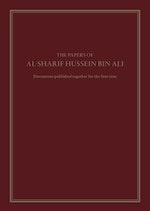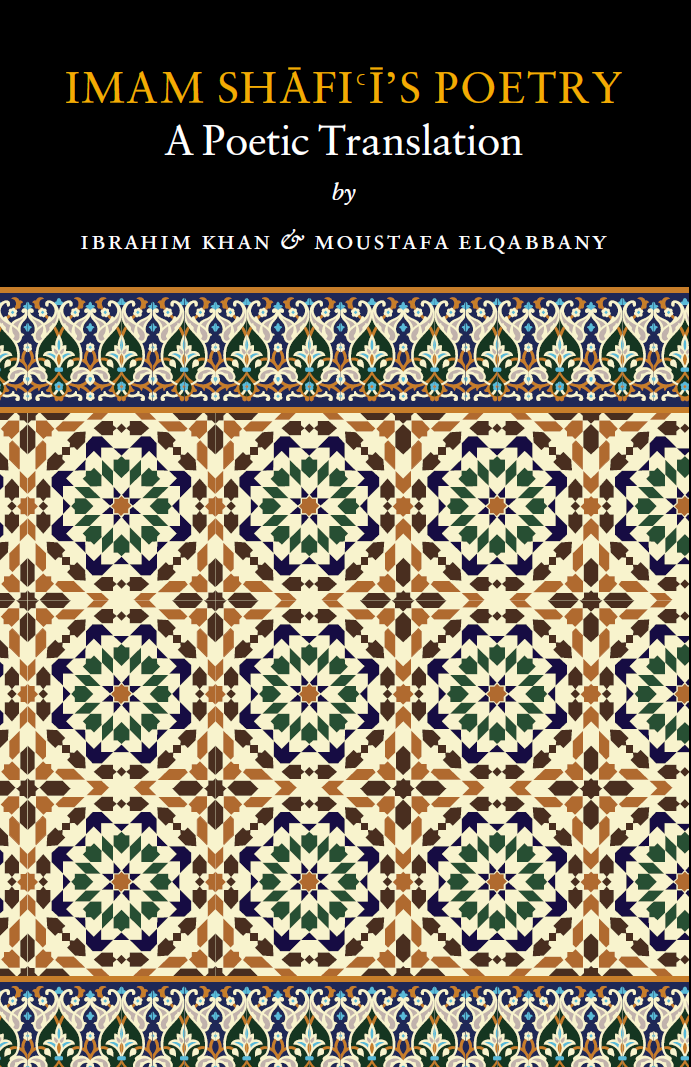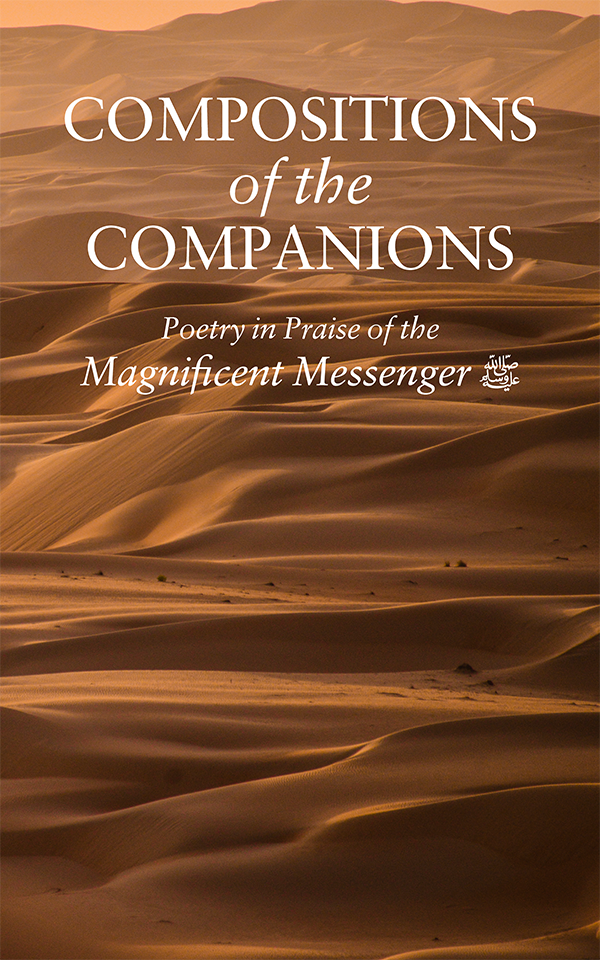MABDA Report 25.10.10
MABDA Report
25/10/2010
World Interfaith Harmony Week
On September 23rd 2010, King Abdullah II of Jordan proposed a World Interfaith Harmony Week to the UN General Assembly. On October 20th 2010, Prince Ghazi bin Muhammad of Jordan – the Personal Envoy and Special Advisor of the King – presented the proposal before the UN General Assembly in Geneva, where it was adopted unanimously. The first week of February, every year, is now designated as the ‘World Interfaith Harmony Week’.
The idea behind the World Interfaith Harmony Week is for the promotion of Interfaith awareness among students and religious congregations the world over. Based on the ground-breaking ‘A Common Word Initiative’ – founded and authored by Prince Ghazi – the Week will harness the idea that the ‘Love of God, or the Good, and love of Neighbor’ are ideals that people of all religions can come to agree on.
The consensus over this laudable initiative comes as a timely expression of peace and respect among the world’s religions, in an age often ” rife with religious tension and, sadly, mistrust, dislike and hatred” as Prince Ghazi put it in his speech before the UN which you can read in full, here.
Looking closely at the motivations behind this initiative, it is almost impossible for any cynic to reject it or belittle it, because it can act as a solid immunity against future interreligious clashes, which often result from ignorance and a lack of communication between different groups. The resolution does not state it will somehow magically erase strife and conflict from the world, but it does offer a tangible hope that if an interreligious clash were to happen in the future, then those that have engaged in an Interfaith Harmony week will be less likely to “relapse into parochial fear and mistrust, and will be more likely to resist the winds of popular demagoguery“. Indeed, the far-sighted vision for this initiative may just finally culminate in a world-wide partnership against fear, ignorance and hatred from a common spiritual basis that excludes no one, nor forces anyone to participate. If only for all the lives lost due to interreligious strife over the centuries, the World Interfaith Harmony Week is – in the very least – a week to mark down in the calendar.
Tracking Islamophobia
Yet another disappointing expression of public bigotry and mistrust against Muslims, where a long-time news analyst on the popular American NPR (National Public Radio) Juan Williams has been fired over remarks he made on the hardliner O’Reilly show:
“Look, Bill, I’m not a bigot. You know the kind of books I’ve written about the civil rights movement in this country. But when I get on the plane, I got to tell you, if I see people who are in Muslim garb and I think, you know, they are identifying themselves first and foremost as Muslims, I get worried. I get nervous.”
“When someone begins with the weak disclaimer that he is “not a bigot,” you can probably bet the farm that he is about to say something pretty bigoted.” – says Arslan Iftikhar, who supports NPR’s decision to fire Williams, in his latest piece on CNN on the matter.
NPR made no accusation of hate speech or discrimination towards Williams, but rather fired him over making remarks that are merely “inconsistent with our editorial standards and practices.”
Sikhs are not Muslims!
On his upcoming trip to India, President Obama may reportedly skip a visit to the largest Sikh place of worship, the Golden Temple, apparently to avoid covering his head and being confused as “a Muslim”. This comes in light of a recent poll that found that 20% of Americans still believe that Obama, a Christian, is actually Muslim.
If true, this step would be a setback to US-Islamic relations, where not only would it be offensive to the Sikh community, but only goes to signify the words Muslim Americans have pleaded him to proclaim: “no, I’m not Muslim, but so what if I were?”
Read more: http://www.huffingtonpost.com/john-l-esposito/obamas-trip-to-india-sikh_b_772533.html
{jcomments on}Farah El-Sharif


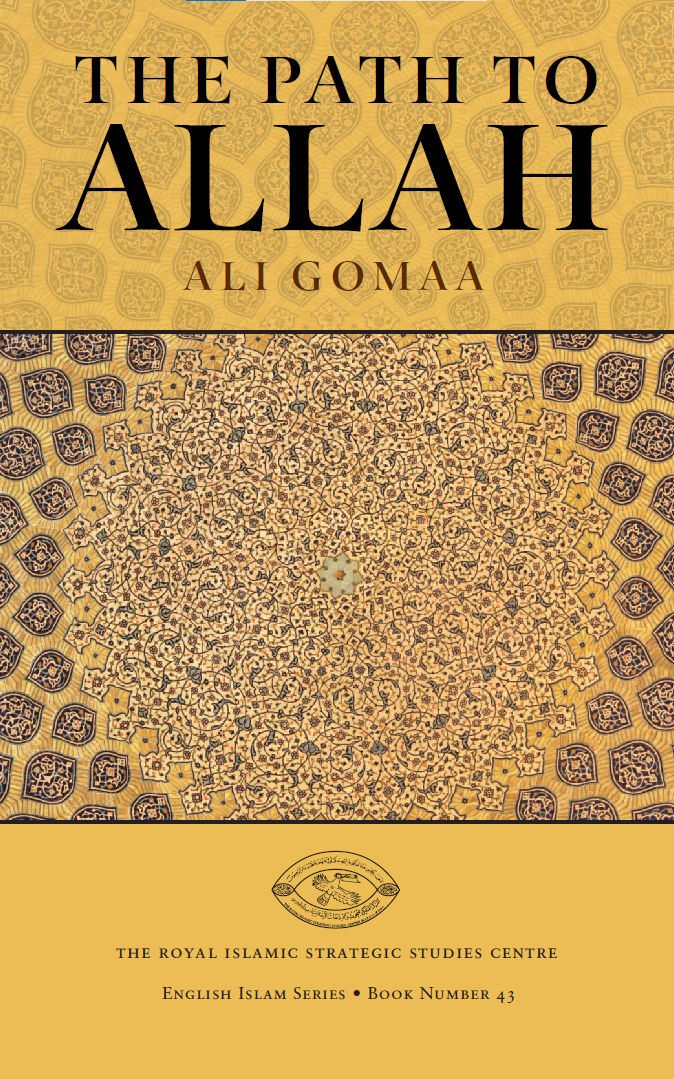
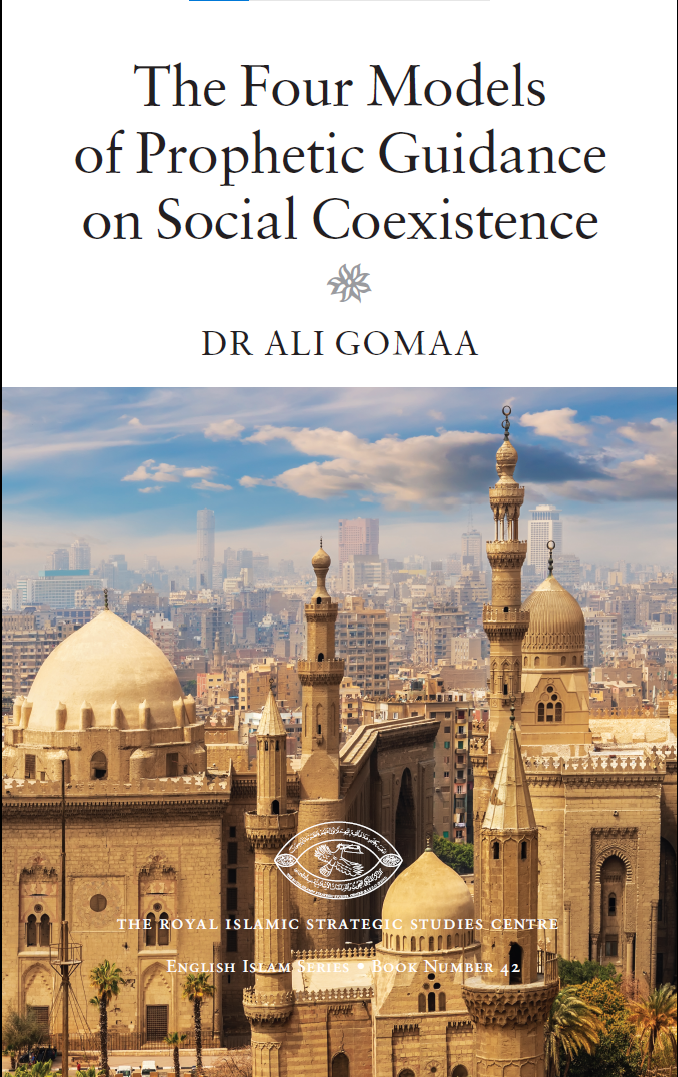
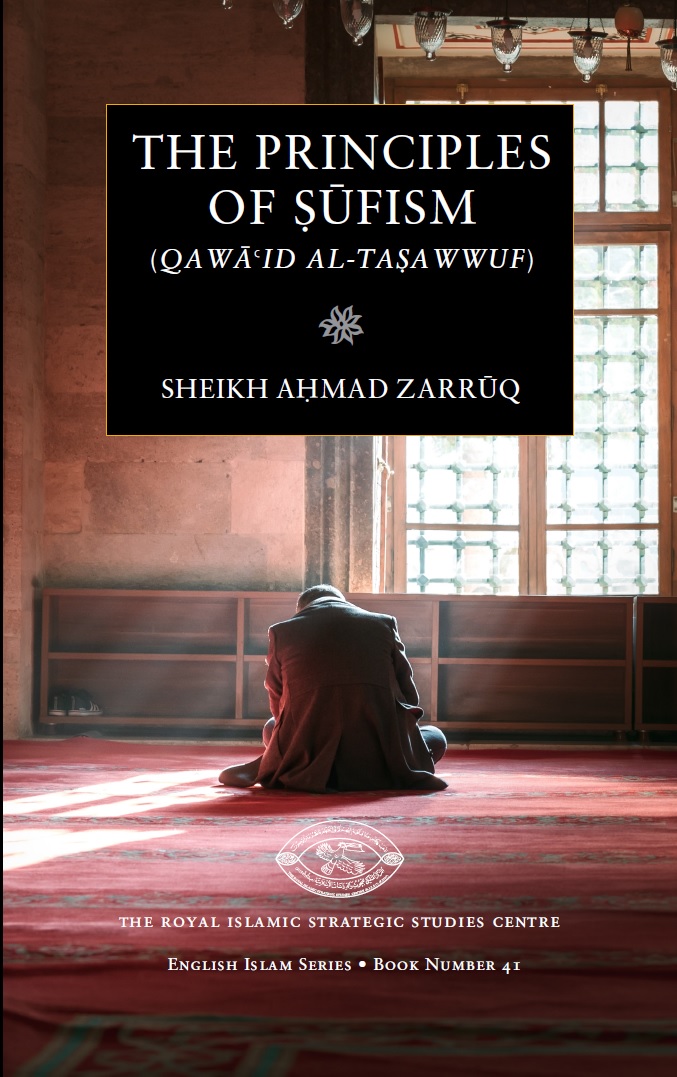
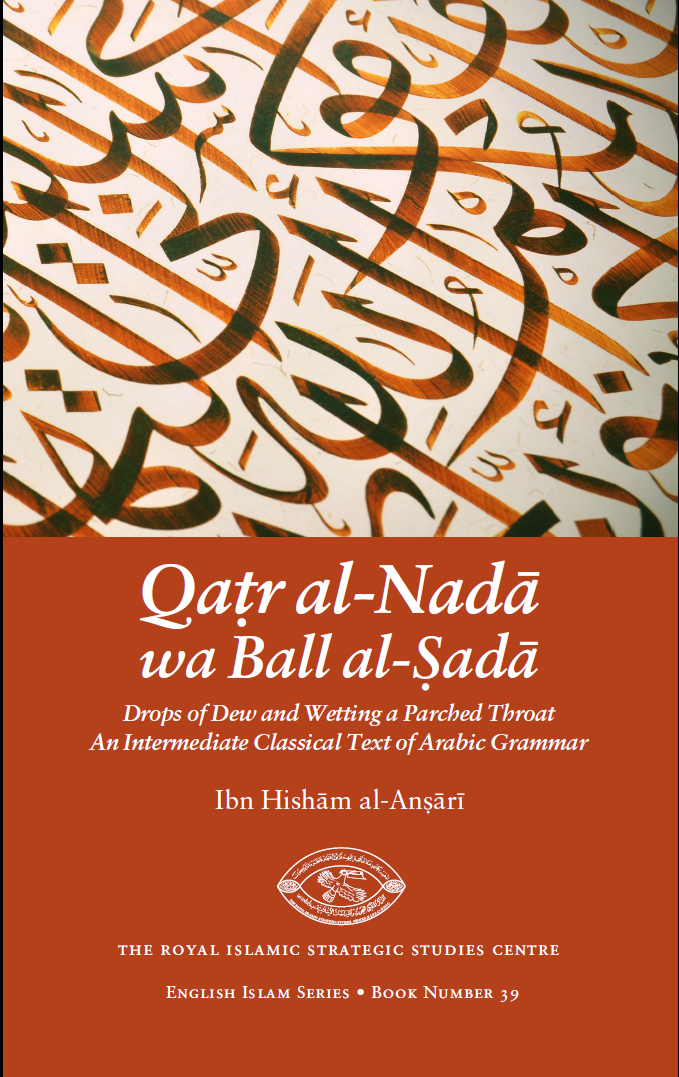
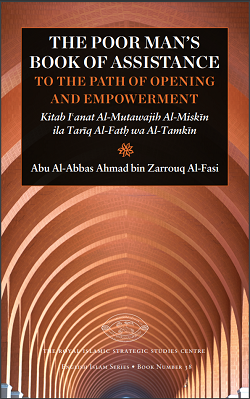
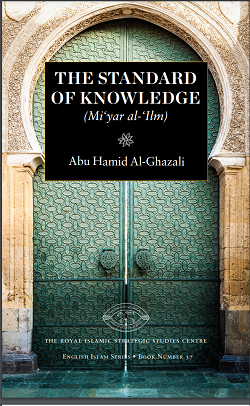
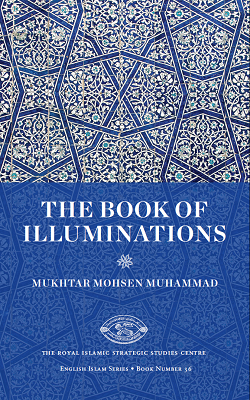
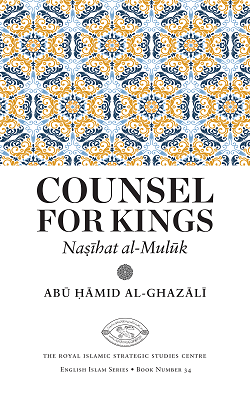
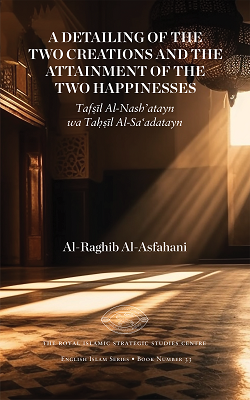
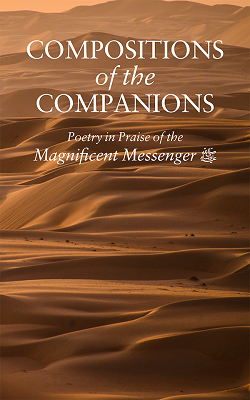
![OrnamentsofGatherings_EnglishArabic_BookSingles_05-06-23[63]_Page_001](https://rissc.jo/wp-content/uploads/2023/06/OrnamentsofGatherings_EnglishArabic_BookSingles_05-06-2363_Page_001-scaled.jpg)
